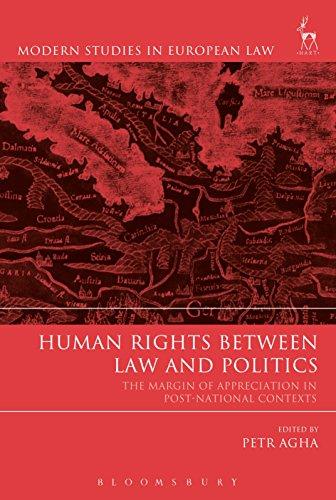Question
1) A patent is an exclusive right granted to the creator of an invention. Under U.S. law, a patent owner possesses that right for twenty
1) A patent is an exclusive right granted to the creator of an invention. Under U.S. law, a patent owner possesses that right for twenty years. The owner can allow another party to make and market a product based on the invention in exchange for a payment of royalties on the sales. According to the United States Supreme Court in a case known as theBrulottedecision, a contract to pay royalties after a patent has expired is unenforceable. Stephen Kimble owned the patent to a toy glove that could shoot foam intended to look like the web of Marvel Comics' Spider-Man. Kimble agreed to allow Marvel Entertainment, LLC, to sell its version of the toy. Marvel agreed to pay Kimble a royalty of 3 percent on the sales. Their contract did not specify an end date. After the patent expired, Marvel sued to stop the payments. What is the doctrine ofstare decisis? What are the arguments for and against applying it in this case? Discuss [Kimble v. Marvel Entertainment, LLC, 135 S.Ct. 2401, 192 L.Ed.2d 463 (2015)] (SeeSources of American Law.)
2) Otto May, Jr., a pipefitter for Chrysler Group, LLC, was the target of racist, homophobic, and anti-Semitic remarks. He received death threats, his bike and car tires were punctured, and someone poured sugar into the gas tank of his car. A dead bird was placed at his workstation wrapped in toilet paper to look like a member of the Ku Klux Klan. Chrysler documented and investigated the incidents. Records were checked to determine who was in the building when the incidents occurred, the graffiti handwriting was examined, and employees were reminded that harassment was not acceptable. What role might the law play in these circumstances? Discuss. [May v. Chrysler Group, LLC, 716 F.3d 963 (7th Cir. 2013)] (SeeBusiness Activities and the Legal Environment.
3) Under a Massachusetts statute, large wineries could sell their products through wholesalers or to consumers directly, but not both. Small wineries could use both methods. Family Winemakers of California filed a suit against the state, arguing that this restriction gave small wineries a competitive advantage in violation of the U.S. Constitution. Which source of law takes priority, and why? [Family Winemakers of California v. Jenkins, 592 F.3d 1 (1st Cir. 2010)] (SeeSources of American Law.)
Step by Step Solution
There are 3 Steps involved in it
Step: 1

Get Instant Access to Expert-Tailored Solutions
See step-by-step solutions with expert insights and AI powered tools for academic success
Step: 2

Step: 3

Ace Your Homework with AI
Get the answers you need in no time with our AI-driven, step-by-step assistance
Get Started


